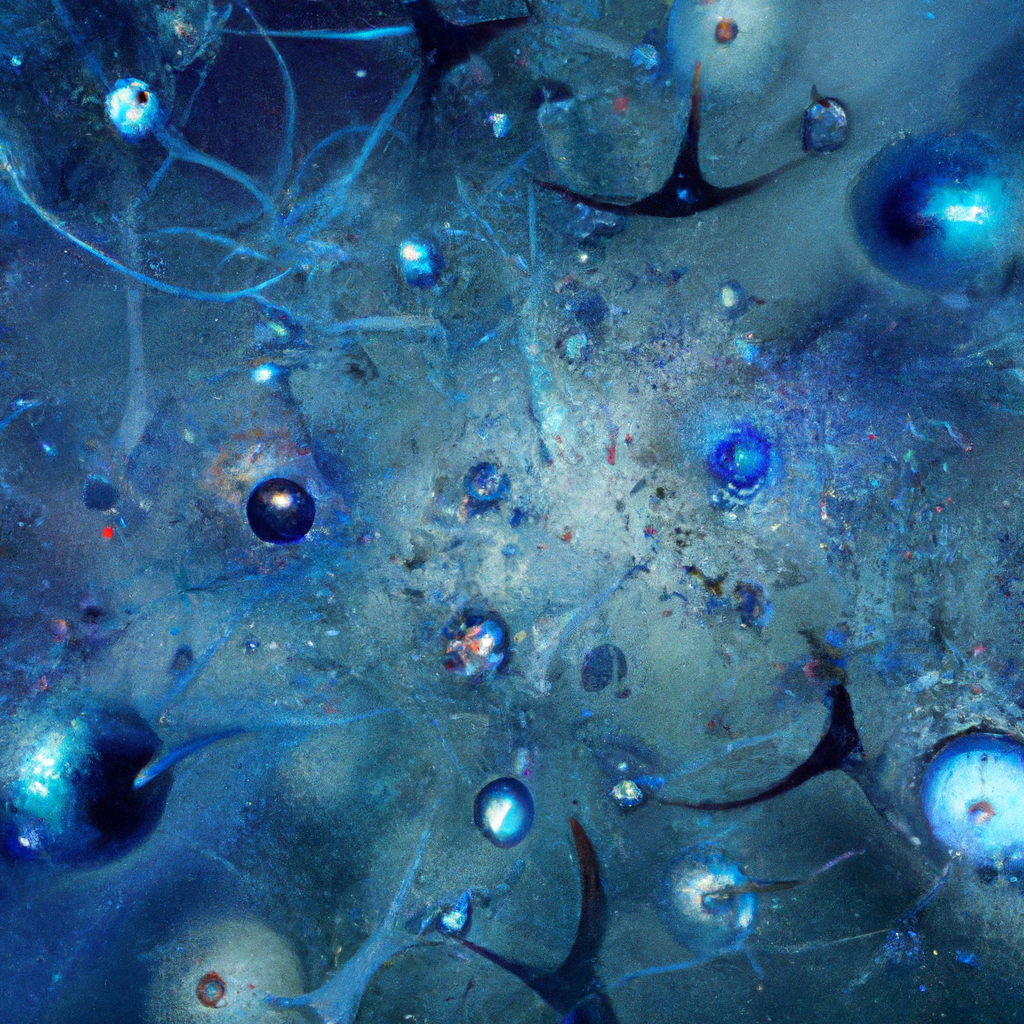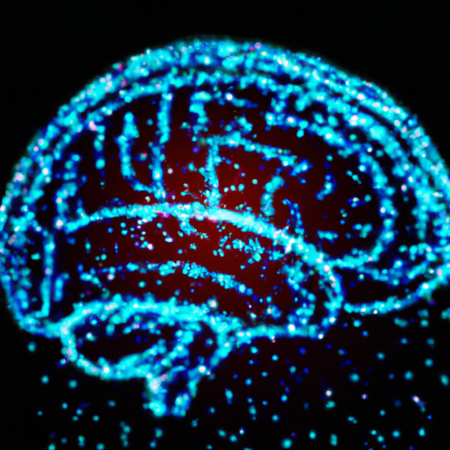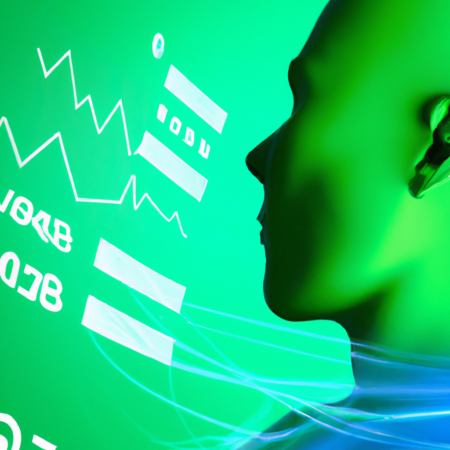Exploring the Quantum Mind: Bridging Thoughts and Theories in 2025
As we delve deeper into the second quarter of 2025, the fascination with the quantum mind continues to grow, blending the mystique of quantum physics with the profound complexities of human consciousness. This exploration seeks to uncover the tentative links between quantum mechanics and our cognitive processes, proposing a framework that might finally delineate how thoughts emerge and interact with the universe.
The concept of the quantum mind suggests that at a fundamental level, our thoughts might be influenced by quantum processes. This idea stems from the principles of quantum mechanics, which describe the behavior of particles at the smallest scales. At this microscopic level, particles exhibit behavior that challenges our conventional understanding of reality, including the phenomena of entanglement and superposition.
To comprehend how these quantum phenomena might relate to consciousness, we delve into the ‘Orchestrated Objective Reduction’ (Orch-OR) theory proposed by Roger Penrose and Stuart Hameroff. This theory posits that consciousness arises from quantum vibrations in microtubules—tiny structural components within brain neurons. This perspective suggests a quantum process as the generator of consciousness, integrating cognitive functions with the quantum mechanical framework.
Moreover, the recent advancements in neuroquantology provide promising insights into the quantum mechanical operations within the brain, highlighting experiments that exhibit potential quantum behavior in neuronal processes. Researchers in 2025 have developed sophisticated techniques for observing quantum effects in living brains, pushing the boundaries of what we know about the bio-quantum computing capabilities of the mind.
This ongoing investigation not only deepens our understanding of consciousness but also paves the way for revolutionary technologies in computing and artificial intelligence. By harnessing quantum cognitive processes, we could develop more advanced neural networks that mimic human thought processes more closely than ever before.
In conclusion, as we continue to bridge the gap between quantum physics and cognitive science, we remain on the brink of potentially groundbreaking discoveries that could transform our understanding of the universe and ourselves. The journey through the quantum mind is complex and filled with speculative yet exciting possibilities that 2025 continues to unveil.






